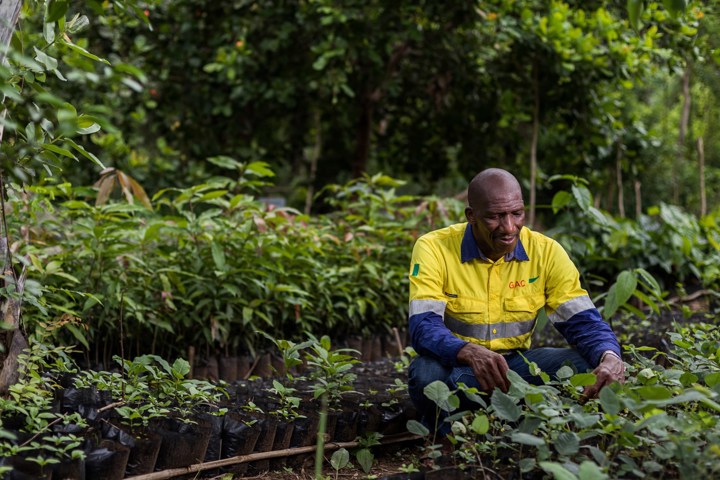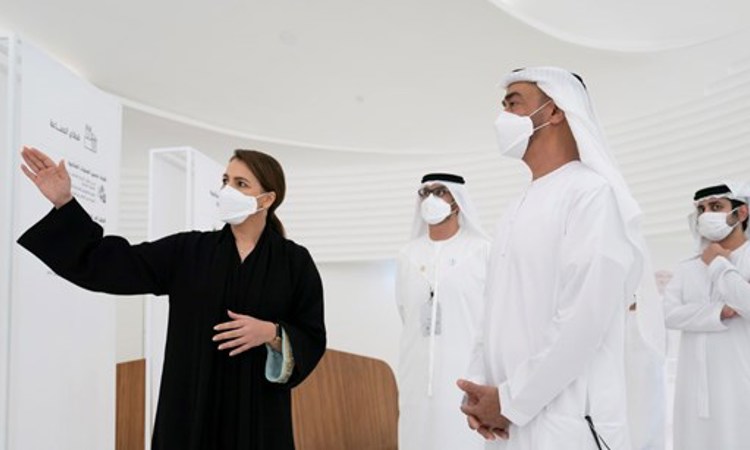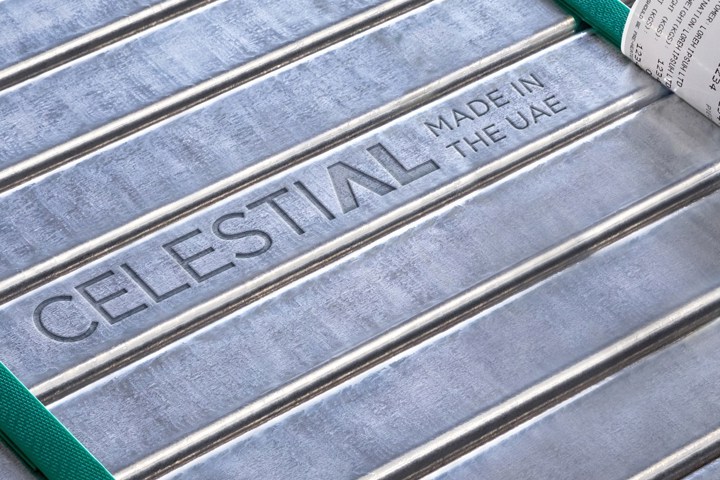

Our commitment to net zero by 2050
The global scientific consensus is that we must limit global warming to 1.5 degrees Celsius to avert the worst impacts of climate change, and that this requires net zero greenhouse gas emissions worldwide by mid-century. The United Arab Emirates has announced a national strategic initiative to reach net zero by 2050. EGA is playing its part in meeting this challenge.

Aluminium is light, strong, durable, electrically and thermally conductive, formable and infinitely recyclable. These qualities make it ideal for applications from electric vehicles to windfarms, and from mass transit systems to solar panels, that are essential to reach net zero while improving living standards.
Demand for aluminium is expected to grow by between 50 per cent and 80 per cent by 2050, according to the International Aluminium Institute.

However, aluminium is currently one of the most carbon intensive metals to produce. The global aluminium industry is estimated to account for about two per cent of all anthropogenic greenhouse gas emissions.
The greenhouse gas emissions intensity of companies in the aluminium sector varies widely, principally because of their different sources of energy. Emirates Global Aluminium’s greenhouse gas emissions intensity in 2023 was more than approximately 35 per cent lower than the global industry average, with our energy mostly derived from natural gas. EGA’s scope 1 emissions were 21.4 million tonnes in 2023, and EGA had zero scope 2 emissions.
At EGA, we recognise that the aluminium industry must be part of the solution to man-made climate change, not just through the use of our products but also how they are made.
EGA’s commitment is to reach net zero greenhouse gas emissions from our operations and supply chain by 2050.

We have developed a roadmap to achieve this vital goal, engaging internal and external engineers, technologists and economists.
EGA is already progressing a bold strategy to address the biggest source of emissions - electricity generation - and intends to announce an interim greenhouse gas emissions reduction target that is not only bold and climate-aligned, but definitively-achievable.
There are major challenges we must address, and we do not underestimate the scale of any of them.
Not all the solutions will lie with EGA alone. We recognise that we must work in partnership with others. The UAE’s ambitious plans to decarbonise its electricity generation are important for us to achieve our commitment, as is the development of the role of ‘green’ hydrogen.

Our 2050 commitment relates to our scope 1, 2 and 3 emissions as defined by the Greenhouse Gas Protocol developed by the World Resources Institute and the World Business Council for Sustainable Development.
Scope 1 is direct emissions from an organisation’s operations. Scope 2 is emissions from the generation of imported electricity, heat, steam and cooling. Scope 3 is emissions generated from the production of goods and services in an organisation’s supply chain.
We disclose our progress towards achieving our commitment to net zero carbon each year in our sustainability report.

